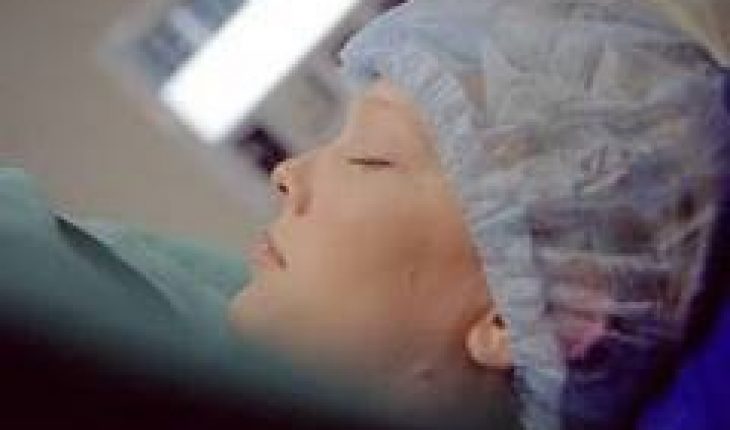Malignant hyperthermia is a metabolic disorder of the muscle. The condition is also inherited from relatives. People who are affected by malignanthyperthermia seem absolutely fine and do not experience any problems in functioning on a daily basis. If however these individuals receive an anesthetic that can set it off, malignant hyperthermia may be fatal. What occurs is an inability to curtail the hike in skeletal muscle metabolism and the wide-scale expelling of calcium in the cells when contact is made with specific kinds of anesthetics.
Malignant Hyperthermia is not the same condition as Hyperthermia that results from heatstroke or infections.
Persons susceptible to Malignant Hyperthermia
Parents, children and siblings of a person who is vulnerable to malignanthyperthermia have a 50 percent chance of inheriting MH susceptibility. Other relatives such as uncles and aunts of MH susceptible and grandchildren have a 25 percent possibility. Relatives that are less close have a lower possibility.
Certain general anesthetics trigger MH such as succinylcholine, potent inhalation gas anesthetic or muscle relaxants among others. The chance of death will be avoided almost completely if there is evaluation prior to operation and screening of individuals at risk. In addition speedy detection in operation of MH by the signs such as higher carbon dioxide release, fever and rigid muscles and the immediate treatment of this with dantrolene sodium will also prevent death.
A spot on diagnosis of malignanthyperthermia can only be made by a skeletal muscle biopsy and putting the muscles through caffeine Halothane contracture test (CHCT). There has however been a newly introduced molecular genetic testing for susceptibility and is now facilitating individuals suffering from the disorder. A very easy blood test is carried out in this new method. This new test is not a replacement for the former as it is only 30 percent accurate and acts as a means of identifying the possibility of MH presence in people. 100 percent detection can be made with the CHCT test.
Symptoms of Malignant Hyperthermia
Symptoms of MH include a speedy rise in temperature which could be up to 105 degrees F or more. Stiffness in the muscles is also another symptom. A person’s urine may look dark brown. People may experience muscle pain that is not related to exercise which could account for the sore feeling. Another symptom of MH includes bleeding.
Treatment of malignant hyperthermia
If a person is having an episode of MH it would be helpful to wrap them in a cooling blanket which will bring down the fever and lower the chances of significant complications developing. Dantrolene, lidocaine, or beta-blocker drugs are useful in helping with problems of heart rhythm. In addition to these, fluids administered through a vein or by way of the mouth helps to sustain kidney function in a severe case of MH.
Some of the complications that may arise from MH in a patient include the muscle tissues being broken down, weak muscles, possible kidney failure among other complications with the worst being death.





